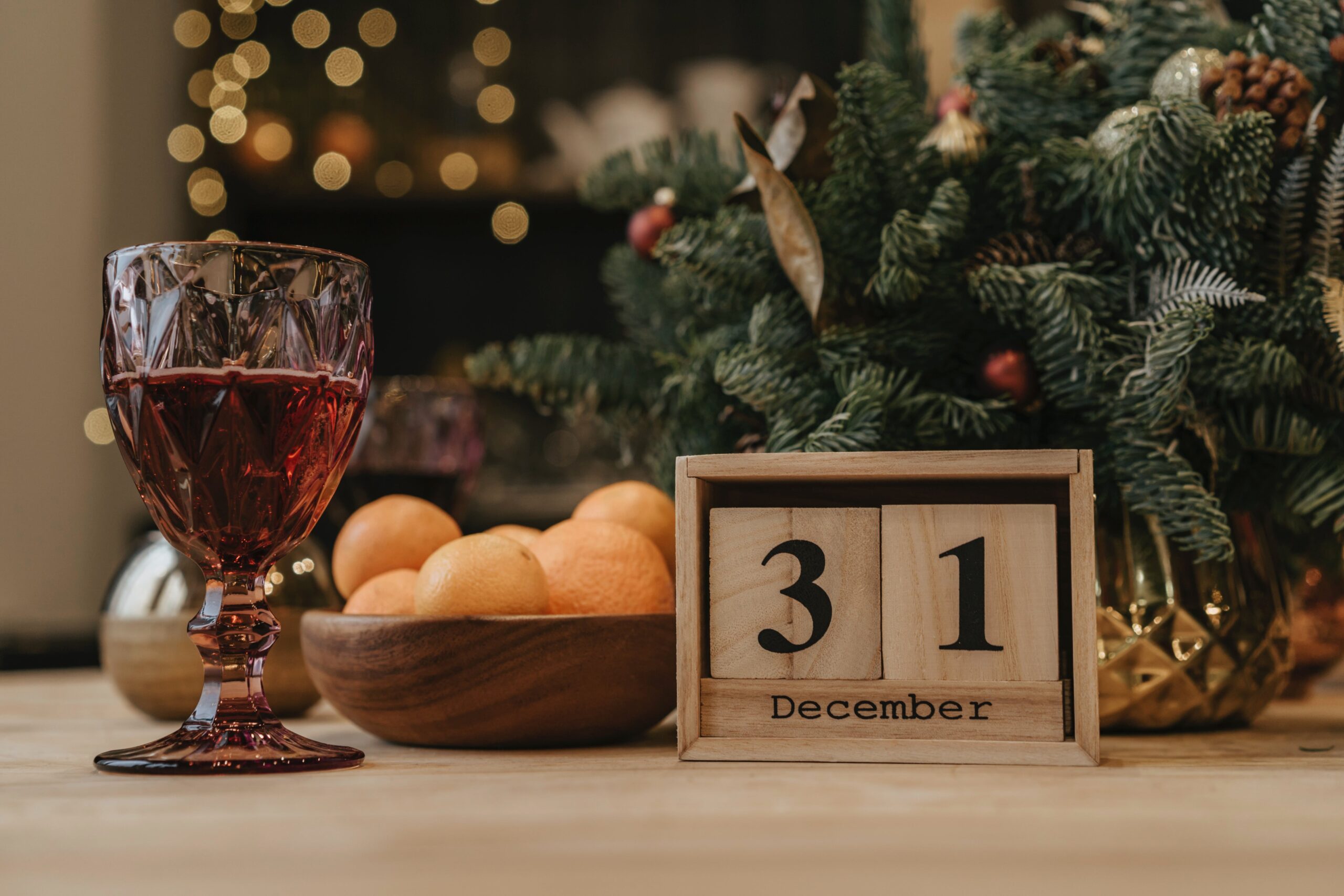
Nobody wants dirty air for Christmas
21 December 2023
Nobody wants dirty air for Christmas, and that is exactly what we might be gifting our friends and family if we’re not careful this festive season.
An updated article on the WHO website, published frightening statistics:
Household air pollution was responsible for an estimated 3.2 million deaths per year in 2020, including over 237 000 deaths of children under the age of 5.
The effects of indoor air pollution on our health are continuously being researched and studies have found air pollution has an effect on all areas of the body including the heart, lungs, respiratory system and even cognitive function.
So what are we doing at Christmas that’s dangerous?
Christmas Trees:
- Real Trees: While they bring the natural scent of the outdoors, real trees shed mould spores, dust, and pollen, triggering allergies and respiratory issues. Mould growth is especially common on trees stored outdoors in damp conditions.
- Artificial Trees: Made from PVC plastic, artificial trees can off-gas volatile organic compounds (VOCs) like formaldehyde and phthalates, especially when new. These can irritate eyes, skin, and airways and, in high concentrations, may have long-term health effects.
Festive Cooking and Decorations:
- Cooking: Holiday feasts involve extensive cooking, leading to increased levels of particulate matter, nitrogen dioxide, and carbon monoxide from gas stoves and ovens. Burning candles and incense adds to the issue.
- Decorations: Artificial decorations, particularly made from cheap plastic, can emit VOCs like artificial trees. Scented candles, air fresheners, and potpourri often contain synthetic fragrances that can irritate airways and trigger allergies.
Festive Gatherings:
- Crowded Spaces: With more people gathering indoors, especially in poorly ventilated spaces, the concentration of airborne pollutants, including mould spores, dust mites, and respiratory viruses, increases, posing a higher risk of infection and allergy flare-ups.
What can we do about indoor air pollution during Christmas:
- Opt for a pre-cut, fresh real tree, and store it in a cool, dry place before bringing it indoors.
- Wash the tree thoroughly before decorating and vacuum it regularly to remove dust and allergens.
- Choose unscented or minimally scented artificial trees and decorations.
- Cook with proper ventilation, using exhaust fans and opening windows when possible.
- Limit the use of candles and air fresheners, opting for natural alternatives like essential oils diffused with a diffuser.
- Air out your home regularly, especially after gatherings.
- Consider using an air purifier to capture airborne pollutants. View our range here.
*Image by pexels-olia-danilevich-5847900
Latest News
Healthy Air Technology launches HA200 Fresh: A powerful, wall-mounted air purifier for homes and businesses
Healthy Air Technology is proud to announce the launch of the HA200 Fresh, a sleek and powerful wall-mounted…

Integrating Air Purification with HVAC: A Vital Step Towards Net-Zero and Healthier Building
Since the launch of the pilot Standard at the end of 2024, all eyes are on trying to…

Clean Air and ESG: Why Clean Air is Critical to Environmental, Social, and Governance Goals
As Environmental, Social, and Governance (ESG) frameworks continue to shape how businesses operate, one issue stands out as…

